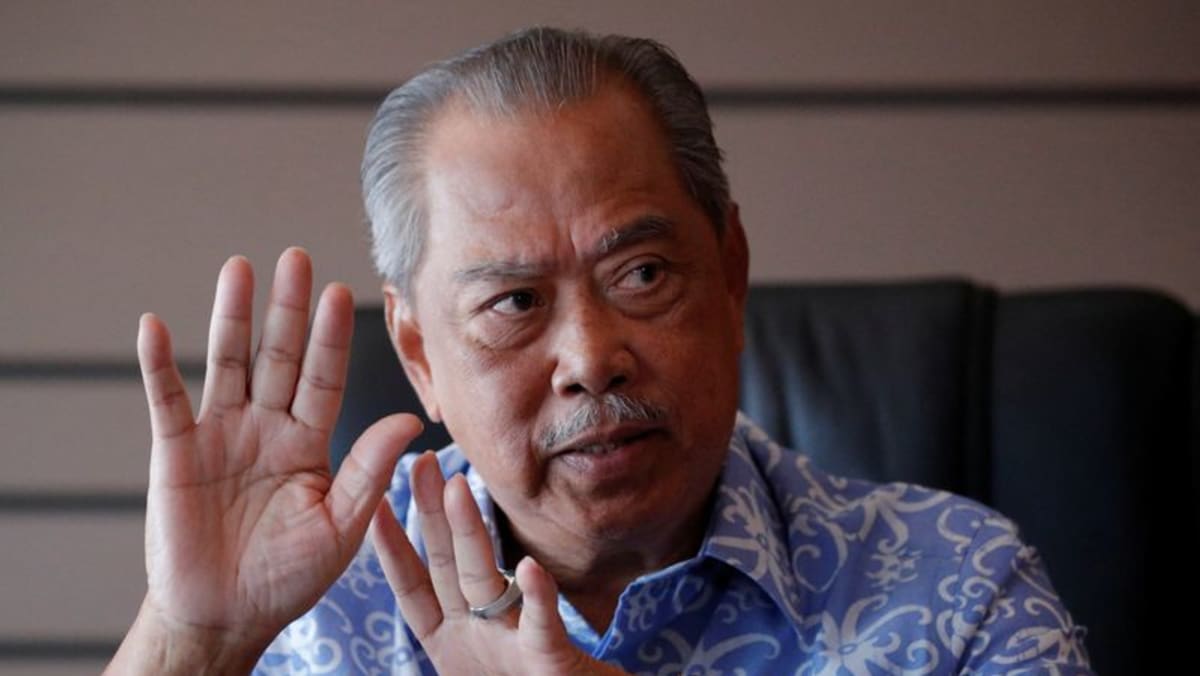
Malaysia is a multi-racial, multi-faith country with ethnic-Malay Muslims accounting for over 60% of the population. Ethnic Indians and Chinese form sizeable minorities.
Bridget Welsh, political analyst at University of Nottingham Malaysia, said there has been an overall shift towards Perikatan among Malay voters, though at least 30 per cent remain undecided.
Welsh cited disillusionment with the once-popular United Malays National Organisation (UMNO), and higher living costs and slowing economic growth under Anwar.
Mired in corruption scandals, the UMNO party was defeated at the polls for the first time in Malaysia’s history in 2018. But it managed to return to power as Anwar’s coalition partner.
Muhyiddin said Perikatan has also won over non-Malay voters, with recent surveys conducted by the coalition showing a “marked increase” in support from the ethnic-Indian community.
He said the bloc can retain power in three of six states, and potentially even wrest control of Malaysia’s richest state and economic powerhouse, Selangor, which surrounds the country’s capital Kuala Lumpur.
A win in Selangor is “doable”, he said. The state has been under the control of Anwar’s party for 15 years.
Anwar runs a progressive, multi-ethnic coalition that appeals to Malaysia’s minorities and urban Malays, while Perikatan has proved to be popular among more traditional Malays and young voters.
The close results of last year’s elections underlined the country’s divisions, with authorities then warning of rising ethnic tensions on social media.
Perikatan includes Parti Islam Se-Malaysia (PAS) – a religious party that espouses a strict interpretation of Islamic law and the largest party in parliament.
Muhyiddin acknowledged concerns over the country’s conservative tilt and PAS’ recent gains, and said the Islamic party would have to moderate its views to address the needs of all Malaysians if it wants to play a bigger role in national politics.
